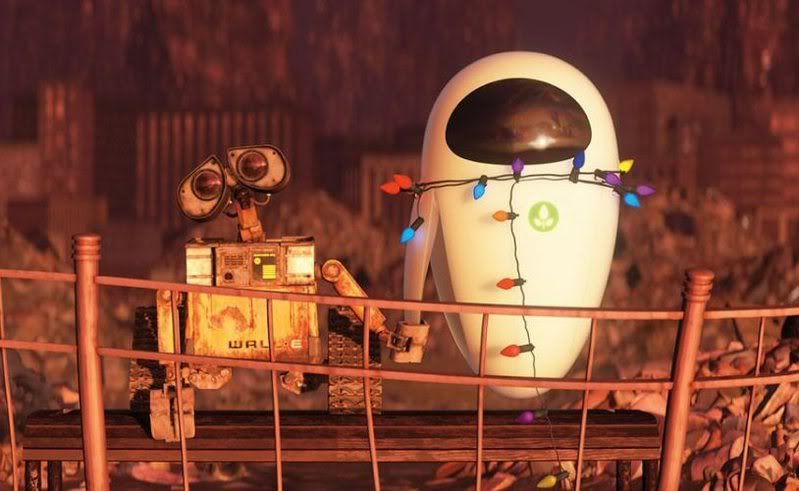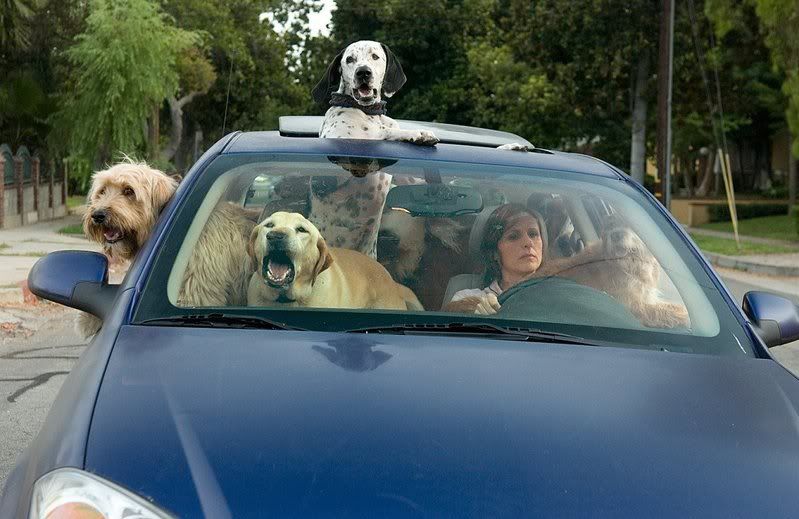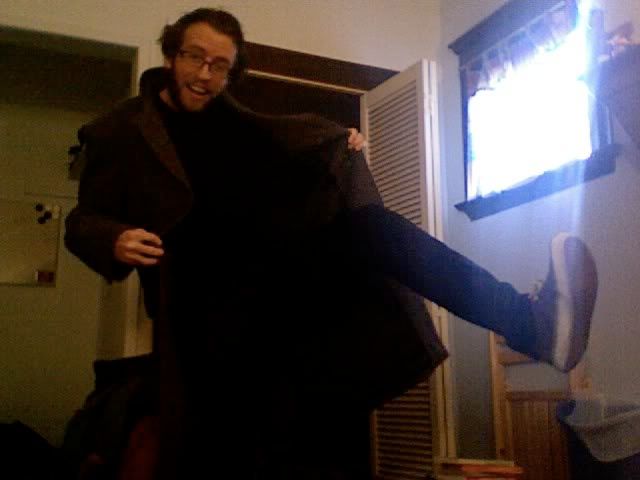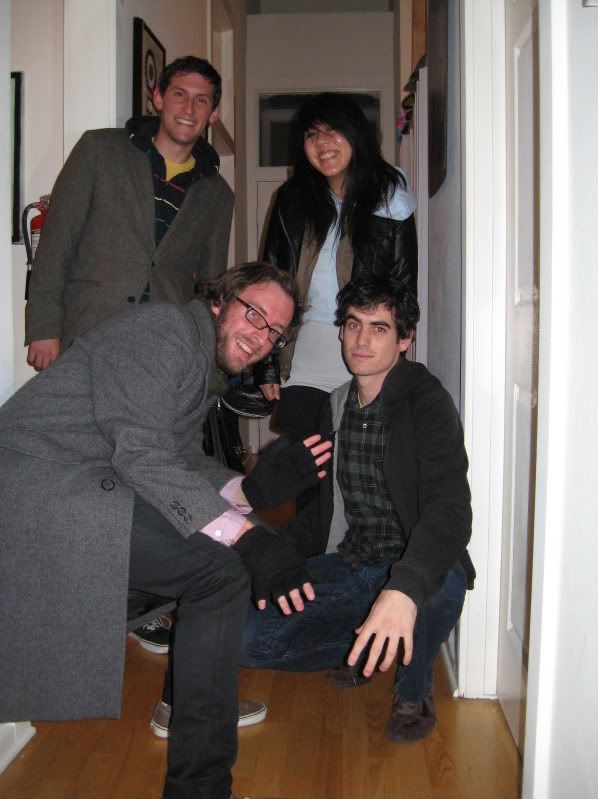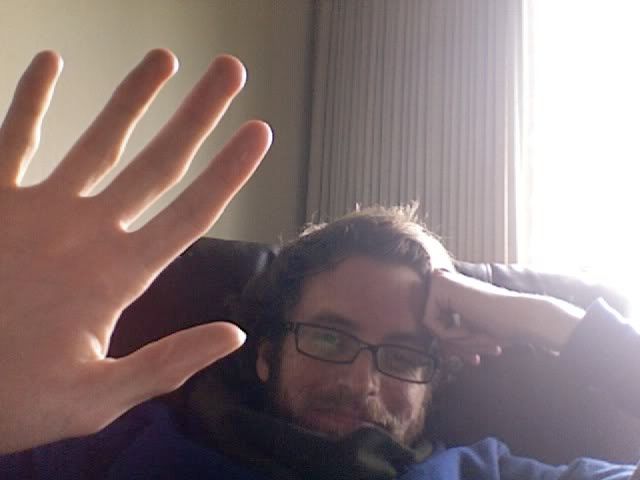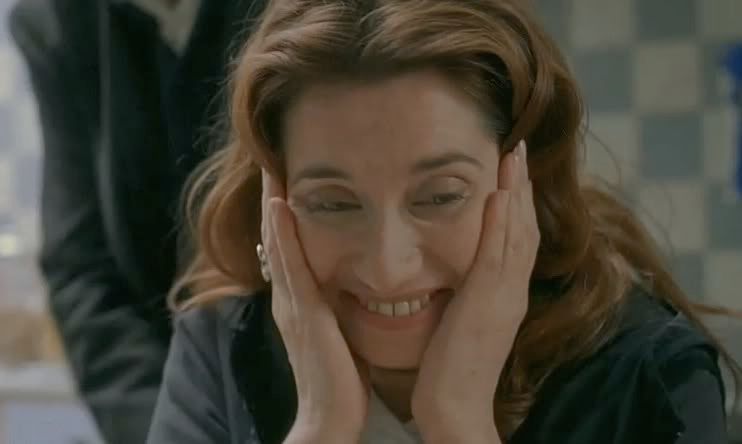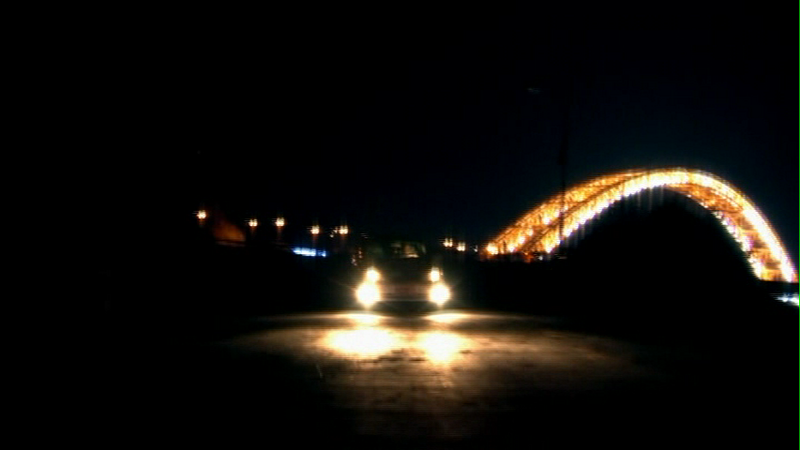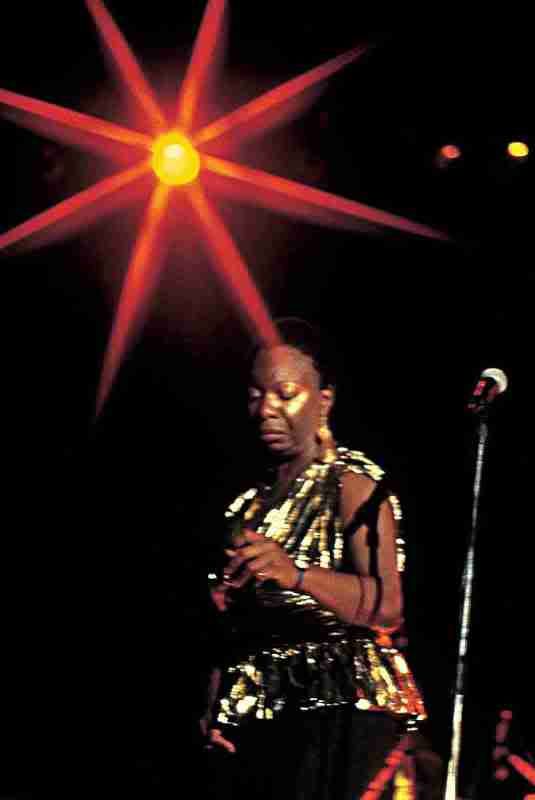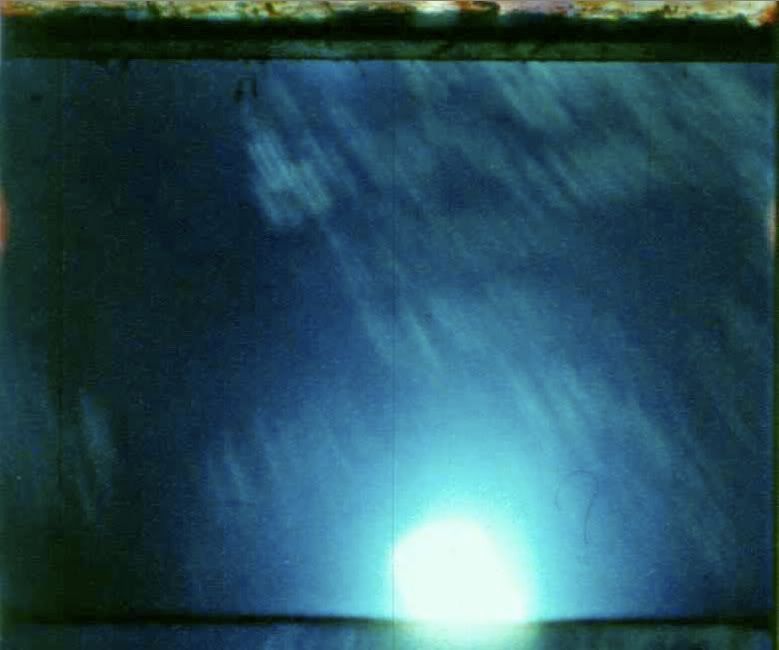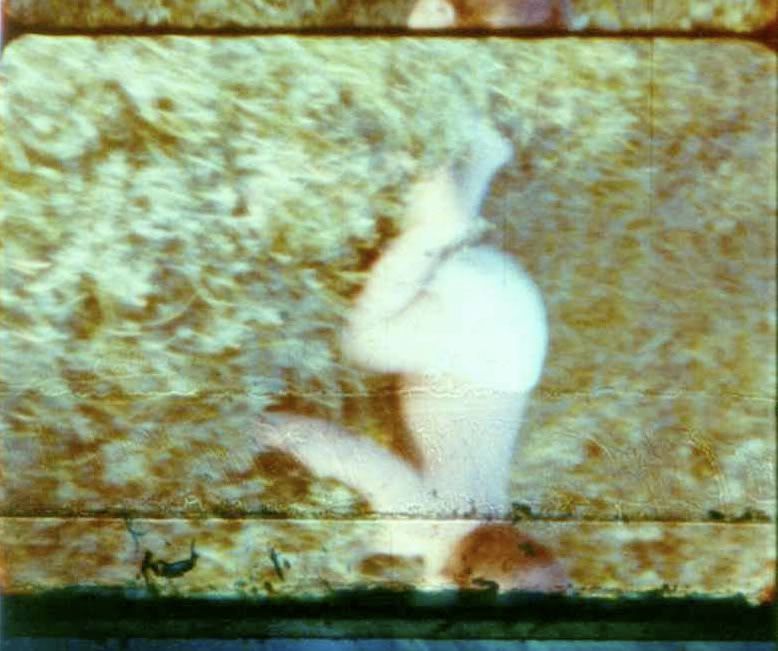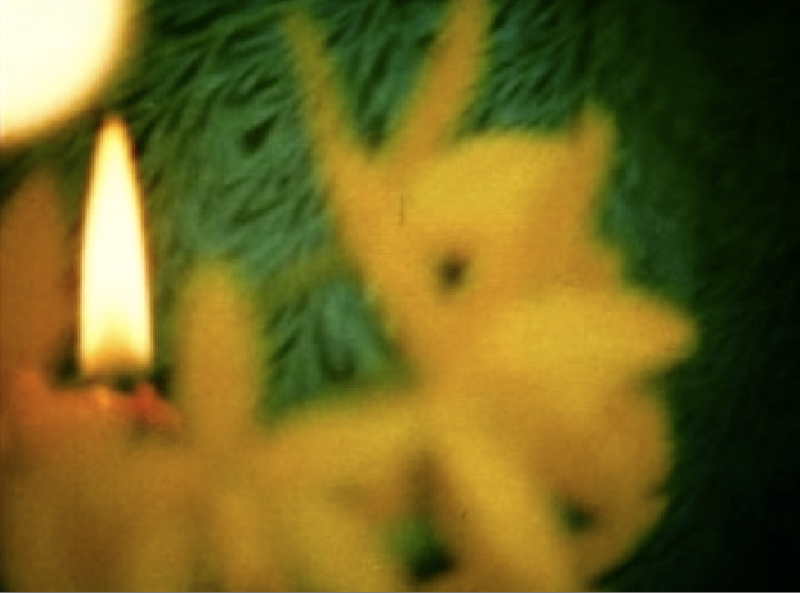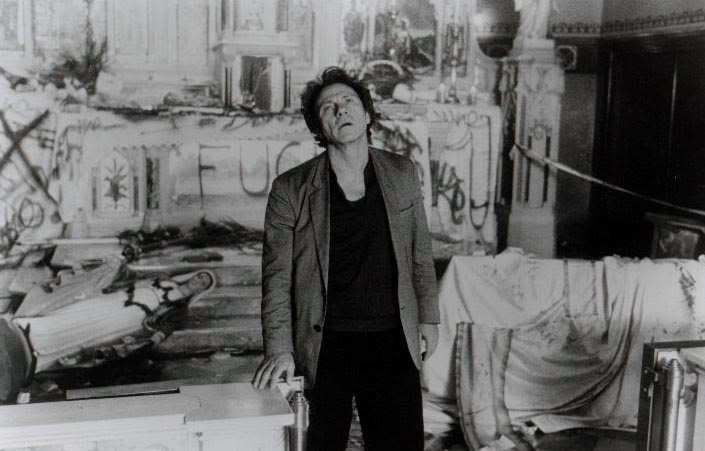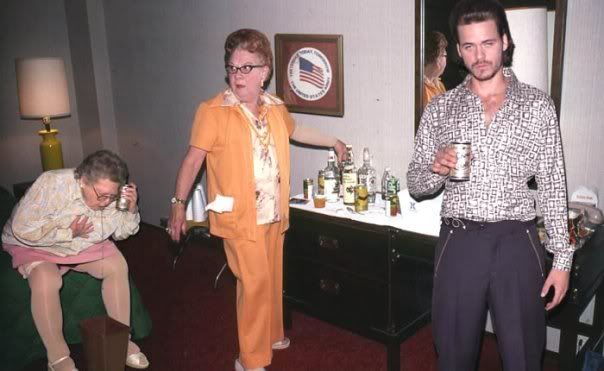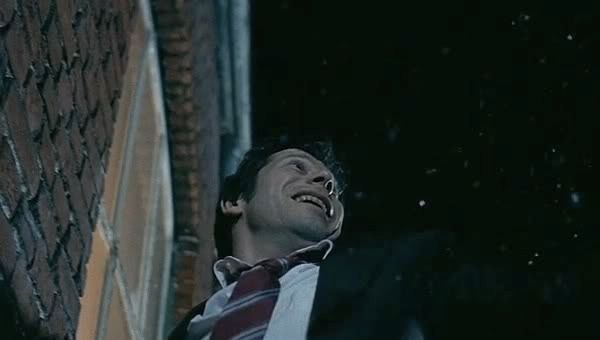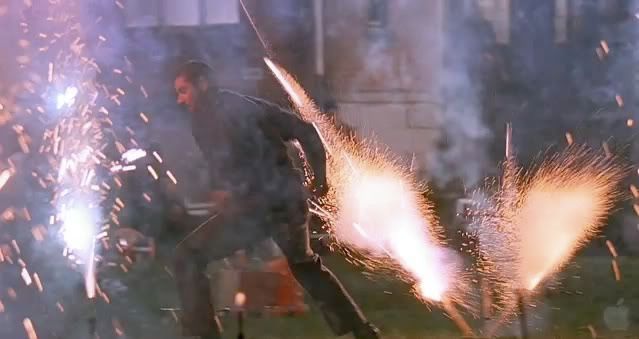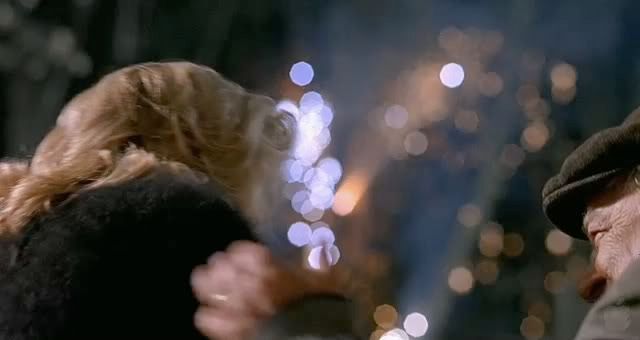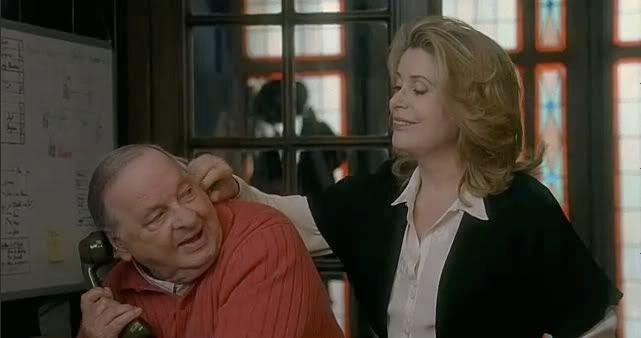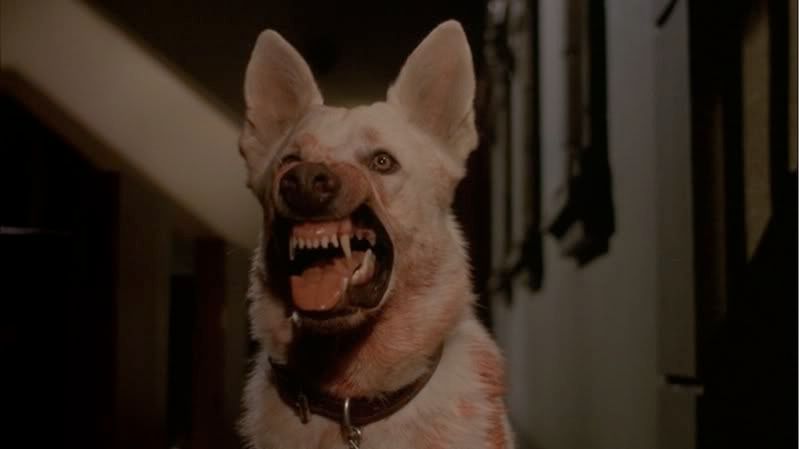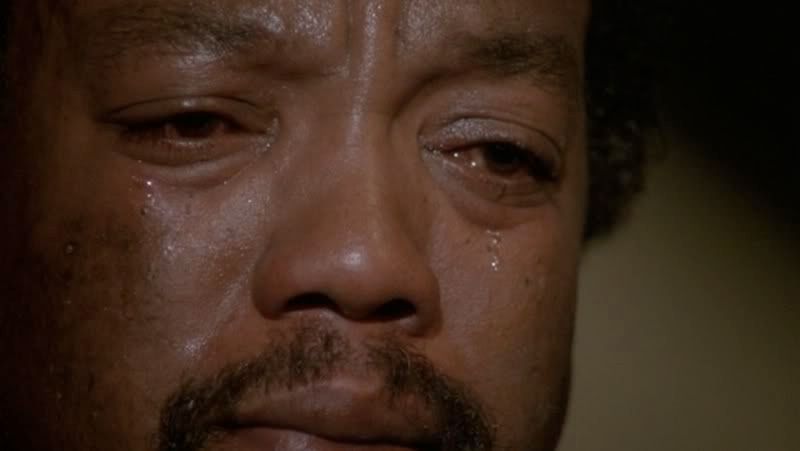— edited by Ryland Walker Knight
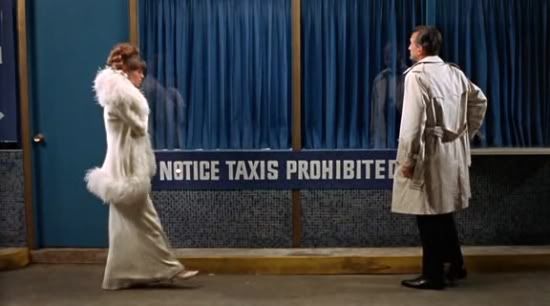
— Petulia, from Tom1.Nor is there singing school, but studying
Monuments of its own magnificence.
—
W. B. Yeats2.We must meet reverses boldly, and not suffer them to frighten us, my dear. We must learn to act the play out. We must live misfortune down, Trot!
—
Betsy Trotwood3.Consent is, on earth, always a risk, as democracy is, and hence is always accompanied by a knowledge of being compromised. So understood, consent is the show of a readiness for change, of allegiance to a state of society responsive to a call for change. This is how I present the enduring comedies of remarriage in their conversation with society, and how I see Astaire's farewell gesture, as he merges into the shifting crowd on the pavement outside the Arcade. The question is therefore how
compromised consent is shown, is made—in Locke's use of the terms—
express as opposed to
tacit. The idea is not to hedge consent, as if your commitment were incomplete, but to give it in the knowledge that its object is still in essential part idea, its existence incomplete. This creates a romance of America, but it tends to make those who are not ambassadors into boosters, the former uneasy about the future, and somewhat guilty because of it, the latter refusing uneasiness, and proud of it.
—
Stanley Cavell4.Foucault—In the most recent upheaval [May 1968], the intellectual discovered that the masses no longer need him to gain knowledge: they know perfectly well, without illusion; they know far better than he and they are certainly capable of expressing themselves. But there exists a system of power which blocks, prohibits, and invalidates this discourse and this knowledge, a power not only found in the manifest authority of censorship, but one that profoundly and subtly penetrates an entire societal network. [Intellectuals are themselves agents of this system of power-the idea of their responsibility for “consciousness” and discourse forms part of the system. The intellectual’s role is no longer to place himself “somewhat ahead and to the side” in order to express the stifled truth of the collectivity; rather, it is to struggle against the forms of power that transform him into its object and instrument in the sphere of “knowledge,” “truth,” “consciousness,” and “discourse."
In this sense theory does not express, translate, or serve to apply practice: it is practice. But it is local and regional, as you said, and not totalising. This is a struggle against power, a struggle aimed at revealing and undermining power where it is most invisible and insidious. It is not to “awaken consciousness” that we struggle (the masses have been aware for some time that consciousness is a form of knowledge; and consciousness as the basis of subjectivity is a prerogative of the bourgeoisie), but to sap power, to take power; it is an activity conducted alongside those who struggle for power, and not their illumination from a safe distance. A “theory ” is the regional system of this struggle.
Deleuze—Precisely. A theory is exactly like a box of tools. It has nothing to do with the signifier. It must be useful. It must function. And not for itself. If no one uses it, beginning with the theoretician himself (who then ceases to be a theoretician), then the theory is worthless or the moment is inappropriate. We don’t revise a theory, but construct new ones; we have no choice but to make others. It is strange that it was Proust, an author thought to be a pure intellectual, who said it so clearly: treat my book as a pair of glasses directed to the outside; if they don’t suit you, find another pair; I leave it to you to find your own instrument, which is necessarily an investment for combat.
—
In "conversation"5.I don't
believe you. You're a liar.
—
Bob Dylan6.Yeah, you don’t have the second plot in order to relieve the pressures of the first plot. Now, in theater that works. In Shakespeare it certainly works. But there’s something about film I don’t think it works, because film is a solid, plastic form – a solid piece of time form – and there’s something about breaking that time form. In
Ordet the point of view is
actual. We’re actually some
place rather than the point of view being images from a more literary form of cinema. [...]
I’m the kind of person who doesn’t take life for granted. I don’t even take the
premise for granted. I love not even taking the premise
for a moment for granted. Like, let’s say, even knowing what this is, us talking to each other. This is a common experience for filmmakers. There’s an interviewer, and, say, we’re doing an interview for some puff piece after a screening. But that’s never been my sense of reality, of getting absorbed in the societal belief of things. I’ve always felt a little out of it, a little bit like a ghost. So I’m like a ghost and society is a phantom. They’re phantoms but somebody made them. I’m a ghost and I’m not even here. At a certain point I decided, “Well, I’m going to make films from my point of view. What would they think if I started to express my point of view? Would it mean anything to anybody?” So I decided to make films about my point of view. How I feel and see cinema. And then it turns out I end up being invited to Toronto.
—
Nathaniel Dorsky7.Though
Silent Light owes a strong, self-conscious debt to Carl Theodor Dreyer’s eccentric 1955 masterpiece,
Ordet, another story about faith and love, the new film also recalls some of the more pastoral passages in Terrence Malick’s
New World, yet another tour de force about love and faith (in other people, in the cinematic image). In one of the loveliest sequences in
Silent Light, Johan’s family idles in and around a creek that serves as its communal bathing pool. As some of the children drift languorously in the water, their bodies modestly covered and blond heads floating like lilies, the parents tenderly wash the younger ones, scrubbing one child’s head with soap, massaging another’s feet with oil and exchanging small endearments and instructions.
It’s a gorgeous, innocent yet sensuous scene, a glimpse of the prelapsarian with a hint of the viper that Mr. Reygadas closes with a shot of a pink blossom, an image that begins as a blur of color and gently comes into focus. He holds on the image a few beats — much as he often does — not only because, I imagine, he wants us to appreciate its metaphoric resonance but also because he wants us to see its glory. There are a handful of ways to understand the meaning of
Silent Light, words that I read as an allusion to love, but this is also very much a film about that ordinary light that sometimes still passes through a camera and creates something divine.
—
Manohla Dargis8.A picture lives by companionship. Expanding and quickening in the eyes of the sensitive observer. It dies by the same token; it is therefore a risky and unfeeling act to send it out into the world.
—
Rothko9.What voice is this that speaks within me? That guides me towards the best?
—
Captain John Smith10.Beneath her the tiles rippled and breathed. The pulpy surfaces of the walls ripened uncontrollably under her observation, inhaling endlessly like lungs preparing to blast her face with a calling or a message. Stripes and pyramids fell across the air in nearly comprehensible organization, writing that changed just before she understood it, and the room itself became a vast insinuation, swollen with filthy significance. She wanted to catch her breath and wail, but realized that her own lungs were already full. When she exhaled, the room seemed relieved of its tension momentarily: she was crushed to remember that this very same action of ballooning and diminishing had been linked to all her other breaths. This terrible, terrible thing that was happening was her breathing.
The beat of things, their steady direction, had dissolved into nothing--this room wasn't happening then, it isn't happening now; maybe it's a dream of what's going to happen or what will happen never. The sound of her own voice injures her like a shock of electricity through her ears, but screaming herself to hoarse exhaustion is the only reprieve from breathing.
She looked up out of her voice and saw the angel.
He will have ears like a cartoon of organic growth. He is yellow with light but covered with mobile shadows, animated tattoos. His face kept changing. His voice will come from far off, like a train's. His body is steady and beautiful and hairless, the wings white, incinerating, and pure, but the head changes rapidly--the head of an eagle, a goat, an insect, a mouse, a sheep with spiraling horns that turn and lengthen almost imperceptively--and the entire message had no words. The entire message will be only the beat and direction of time. Yes is Now.
The angel who says, "It's time."
"Is it time?" she asked. "Does it hurt?" He will have the most beautiful face she has ever seen.
"Oh, babe." The angel starts to cry. "You can't imagine," he said.
—
Denis Johnson11.Just like the tiptoe moth
That dance before the flame
They burn their hearts so much
That death is just a name
And if love calls again
So foolishly they run, they run, they run
They run, they run, they run, they run
They run without a sound
The desperate ones
—
Nina Simone [
the drip-drop (pure) dope]
12.Well... There is a vast network, right? An ocean of possibilities. I like dogs. I used to raise rabbits. I've always loved animals. Their nature. How they think. I have seen dogs reason their way out of problems. Watched them think through the trickiest situations. Do you have a couple of bucks I could borrow? I've got this damn landlord.
—
Freddie Howard13.Sometimes just making yourself at home is revolutionary.
—
Paul Beatty14.On the one side, freedom confronts squarely the ancient claims of rationality, with its inescapable exlusionary logic—for example, the idea that "membership in a particular type of moral community, one from which fundamental dissent has to be excluded, is a condition for genuinely rational inquiry" (
Three Rival Versions of Moral Inquiry, p. 60). This idea cannot be wrong, which oddly may be why the ethical and reflective interests of hermeneutics, committed as they are to things like openness to the non-identical, are at the receiving end of this logic. Hermeneutics, like freedom itself, may not be compatible with ontological security. On the other side, freedom confronts ironic modernity, or the idea that once we understand that history is the history of obsolescence, that we are only so many webs of belief and that the point is, Penelope-like, to unweave and reweave these so as not to get caught by them, there is really nothing left to call freedom, unless it is just being mistress in one's own house, full of undesirable hangers-on as it is likely to be. This cannot be wrong, either, but it makes an interest in the question of freedom seem, well, quaint, which must be ironic liberalism's ironic point. If this book shows anything at all, it is that a point of this sort is bound to be lost on hermeneutics.
—
Gerald L. Bruns15.This grandson of fishes holds inside him
A hundred thousand small black stones.
This nephew of snails, six feet long, lies naked on a bed
With a smiling woman, his head throws off light
Under marble, he is moving toward his own life
Like fur, walking. And when the frost comes, he is
Fur, mammoth fur, growing longer
And silkier, passing the woman's dormitory,
Kissing a stomach, leaning against a pillar,
he moves toward the animal, the animal with furry head!
What a joy to smell the flesh of a new child!
Like new grass! And this long man with the student girl,
Coffee cups, her pale waist, the spirit moving around them,
Moves, dragging a great tail into the darkness.
In the dark we blaze up, drawing pictures
Of spiny fish, we throw off the white stones!
Serpents rise from the ocean floor with spiral motions,
A man goes inside a jewel, and sleeps. Do
Not hold my hands down! Let me raise them!
A fire is passing up through the soles of my feet!
—
Robert Bly
 Live it's a tie: 650 torchbearers Millbrae Bros bringing Seattle to its knees with the help of a whiskey-soaked devil VS. Earth melting the brains of a hundred-plus yuppies at the Bad Seeds concert.
Live it's a tie: 650 torchbearers Millbrae Bros bringing Seattle to its knees with the help of a whiskey-soaked devil VS. Earth melting the brains of a hundred-plus yuppies at the Bad Seeds concert.




 Buried treasures: Pennies from Heaven, Zola, A Tree With Roots, The Blue Angel, Bela Bartok, The War of the World by Niall Fergusson, Rio Bravo.
Buried treasures: Pennies from Heaven, Zola, A Tree With Roots, The Blue Angel, Bela Bartok, The War of the World by Niall Fergusson, Rio Bravo.
